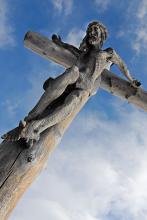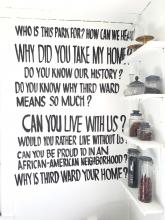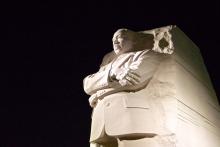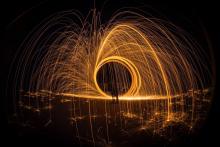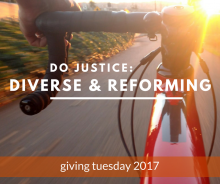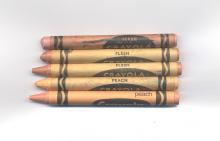- About
- Topics
- Aboriginal Ministry
- Abortion
- Advocacy
- Canada
- Civility in Public Discourse
- Climate Change
- Creation Care
- Disability
- Domestic Poverty
- Ecclesiology
- Economic Justice
- Ecumenical & Interfaith
- Education
- Fair Trade
- Gender
- Global Poverty
- Human Rights
- Human Trafficking
- Immigration
- Indigenous Justice
- Indigenous Theology
- Middle East
- Peace & War
- Race
- Reconciliation
- Refugees
- Religious Persecution
- Restorative Justice
- Theology
- All
- Authors
- Series
- Podcast
- Prayers

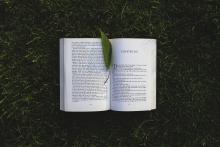
 Barracoon: The Story of the Last “Black Cargo” - Zora Neale Hurston
Barracoon: The Story of the Last “Black Cargo” - Zora Neale Hurston

